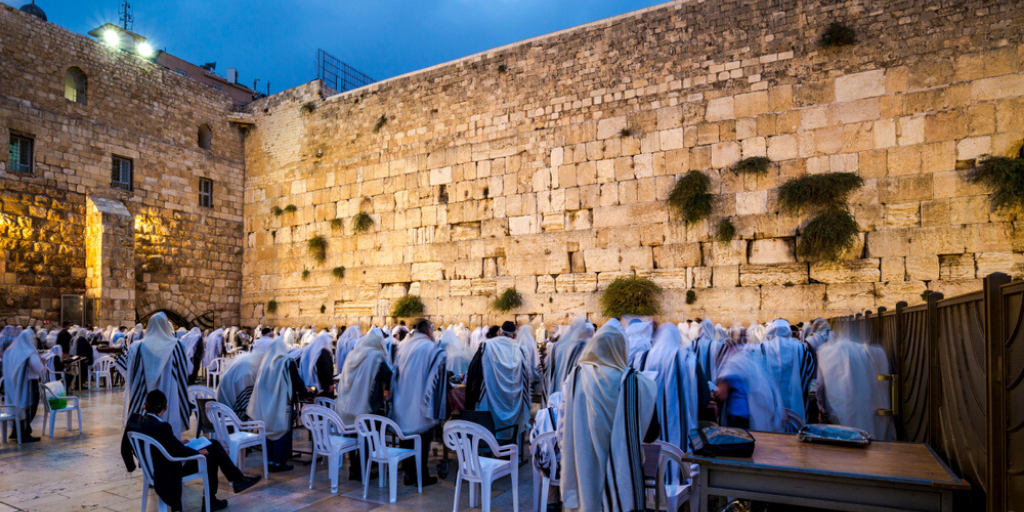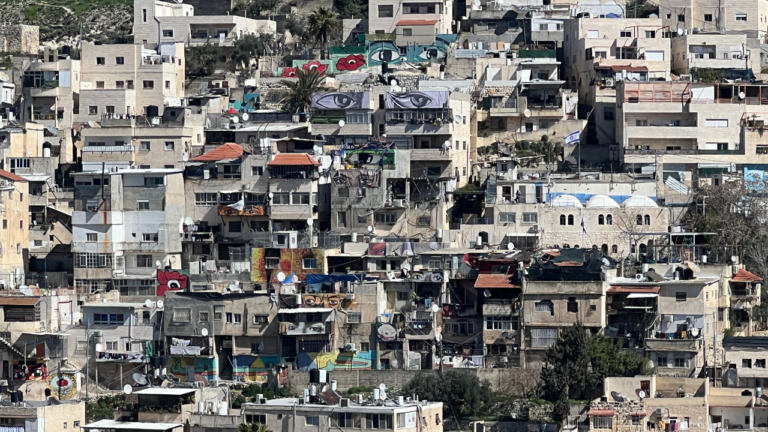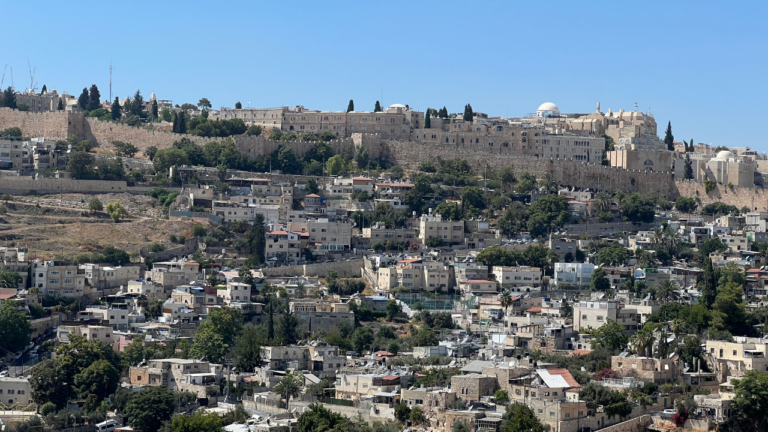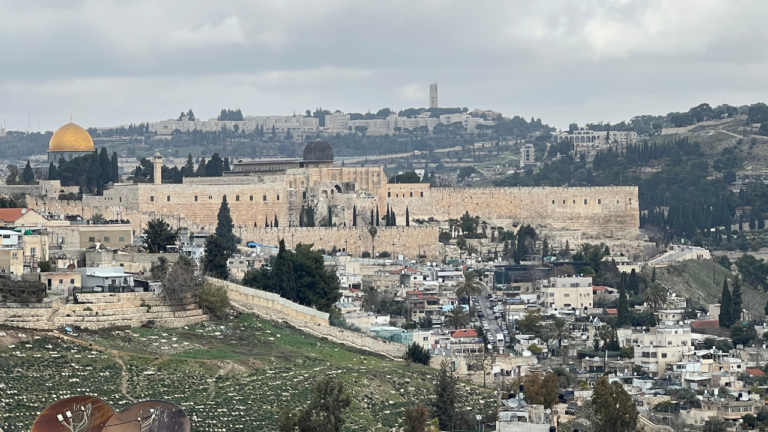The Census, The Proclamation of Koresh and Yom Yerushalayim
In the beginning of our parsha, God commands Moshe to take a census of the Jewish people. On one hand, such a count can be a dehumanizing experience in which each person is ripped of his uniqueness and transformed into a mere number. However, this was not the case with Moshe’s count. Crucially in this regard, Ramban notes that the verb in God’s command is not “tispor,” which has a numerical valence to it, but “tif’kedu,” which at its root means “to pay attention to.” God’s count was a means of God and Moshe paying attention to each person, spending time with him and highlighting the uniqueness and inherent of every individual.
This point is also expressed in Rashi’s comments. In his opening comments to our parsha, Rashi notes that God’s constant counting of the Jews is motivated by His love for us. Similarly, in the beginning of Sefer Shemot, Rashi compares God’s counting of the Jews to His counting of the stars – each one is infinitely precious. Therefore, the root “p-k-d” is used as it emphasizes that God and Moshe cared deeply about each person.
With this background we can perhaps gain a new dimension of meaning in a powerful statement later in Tanach. The Book of Ezra begins with the King Koresh’s famous declaration:
All the kingdoms of the earth the Lord God of the heavens delivered to me, and He commanded me to build Him a House in Yerushalayim, which is in Judea. Who is among you of all His people, may his God be with him, and he may ascend to Yerushalayim.
Seemingly out of the blue, Koresh allows and challenges the Jews to return to Yerushalayim.
It is interesting to note that when Koresh relays God’s command to him, he does not use the word “tzivah,” the more common verb for commanding, but “pakad.” God’s command to Koresh (and through him to the Jewish people) was not just to go up and resettle Yerushalayim. That alone would not be enough. Rather, God wanted the Jewish people to be “pokeid” Yerushalayim, to pay attention to it, to think about it, to have it constantly on their minds. Just as God’s counting of the Jewish people highlights how precious they are to him, similarly, the Jewish people must develop a love and attachment to their holy city. That is a prerequisite for a successful resettlement of the Land.
If a “pekidah” of Yerushalyim was necessary in the times of Ezra the same is true today. In this vein, we must use this Yom Yerushalayim as a day of reorienting ourselves towards our holy city. How connected are we to Yerushalayim? How much do we think about it? How much do we thank God for what he gave us fifty three years ago and how intensely do we pray for the city’s ultimate completion? It is through this form of “pekidah” that we will merit to complete what Ezra began so long ago and restore God’s glory to Yerushalayim.



